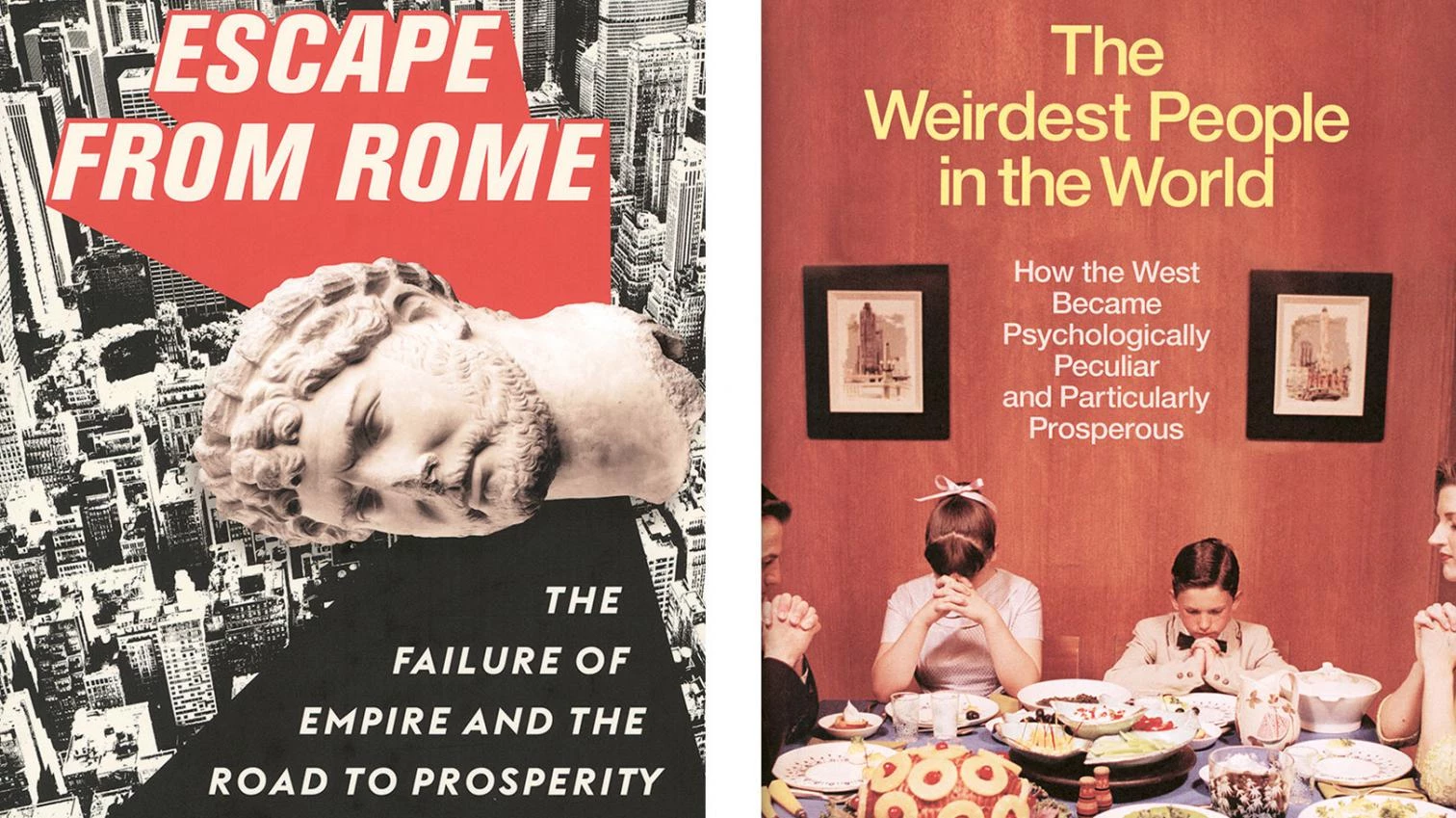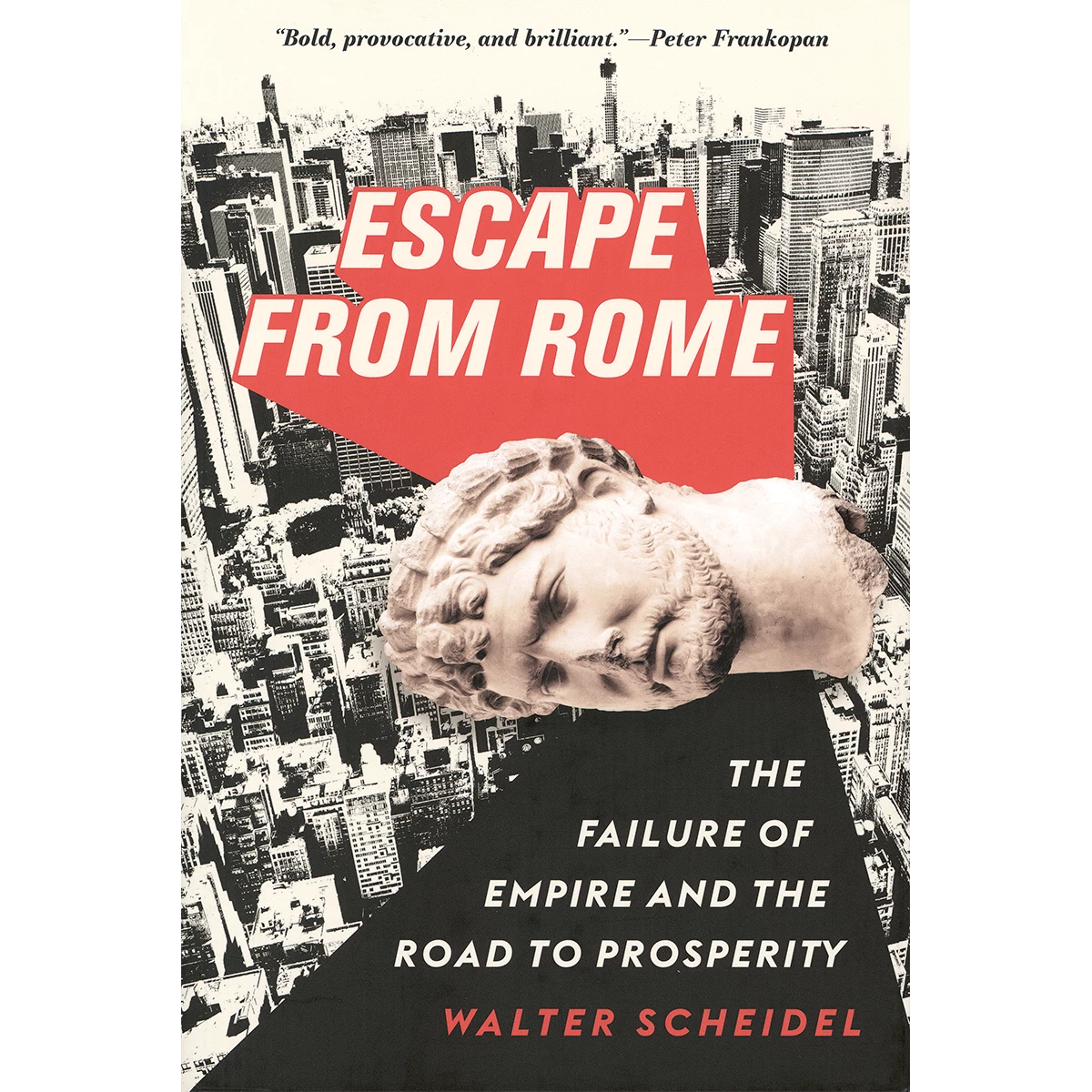
How did the prosperity of the West come about? Two monumental works by American professors offer unexpected answers. Walter Scheidel, who teaches classical culture, history, and human biology at Stanford, argues that it was the failure of the Roman Empire and the consequent political fragmentation of Europe that stirred up competition, boosted economic growth, and paved the way for modernity; Joseph Henrich, professor of human evolutionary biology at Harvard, finds the changes in marriage practices responsible for the transformation of Western psychological structures and the emergence of the prosperity-generating free market. Both interpretations are iconoclastic: the historian Scheidel’s, because the conventional view attaches material advantages to the dimension of empires, and thus considers the fall of the Roman Empire a total catastrophe; and the anthropologist Henrich’s, because since Max Weber the rise of capitalism has been associated with the Protestant ethic, and in his narrative it was the Catholic prohibition of marriage between kin that destroyed tribal ties and fostered the competitive individualism that lies at the core of the Industrial Revolution and the expansion of European power.
Escape from Rome is not only about Rome, but gives a comparative history of empires, analyzing their ascents, collapses, and reconstructions with diagrams and maps throwing rare light on the last two millennia. At any rate, Rome and China take center stage in a story that considers empires hegemonic as a rule, and Europe as an exception where polycentrism and competitive fragmentation of power cleared the way for an exceptional political, financial, and technical development, albeit always achieved within the framework of internal conflict and incessant warring.
The Weirdest People in the World for its part highlights Western exceptionality through the acronym WEIRD (Western, educated, industrialized, rich, and democratic) and explains the rarity of traits like respect for the rule of law, acceptance of scientific or social experimentation, and willingness to trust foreigners. Liberal democracy and competitive capitalism require an individualism at odds with the constrictions of the extended family and community, the norm in much of the world, and Henrich does not find the origin of this exception in the Protestant reformation, but in the papal condemnations of marriage between cousins, which made it necessary to look for spouses beyond one’s village and modified the psychological structure of Europeans.
If the historical explanation of geographic inequality arouses so much interest, surely it is because many countries are eager to find the road to prosperity: we study the past to shape the future. Perhaps few know this as well as Francis Fukuyama, who coined the phrase ‘getting to Denmark’ to describe that path of advancement, and who among public intellectuals has most resoundingly commended these two ambitious, fascinating, and iconoclastic publications.







